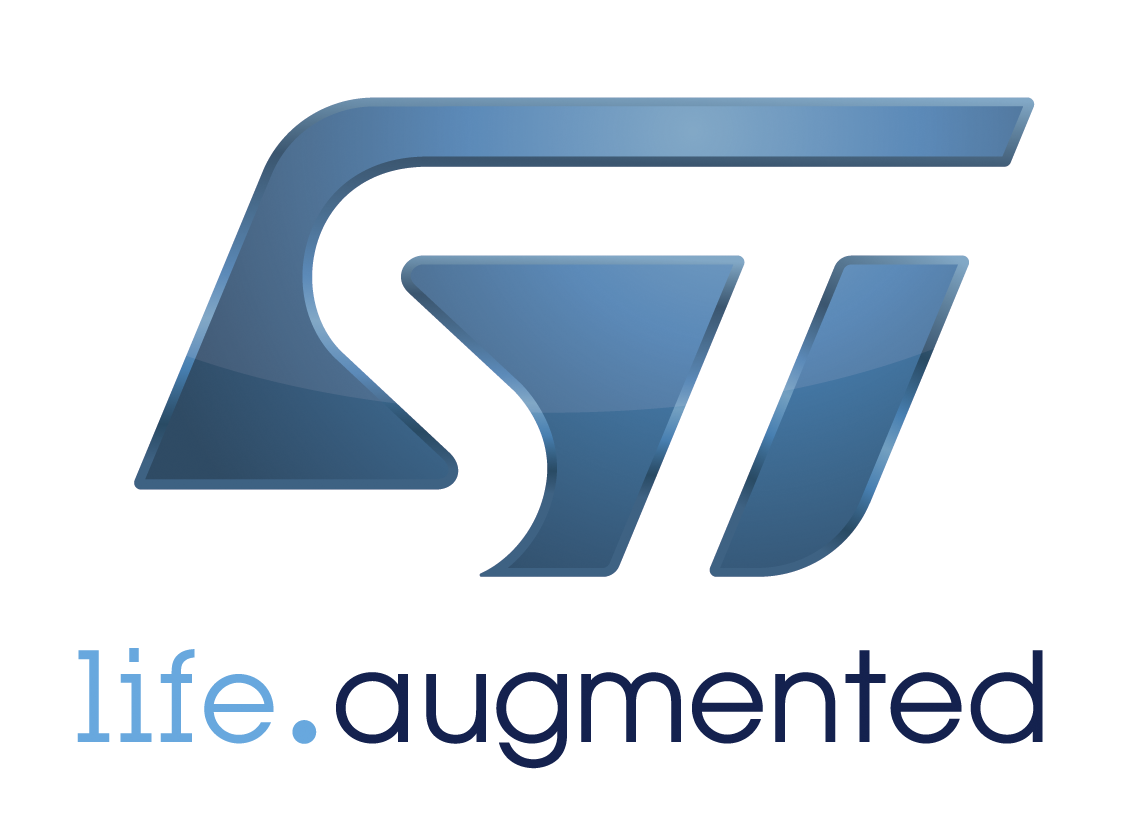
|
The BenchPress The Original Embedded Microprocessor Benchmark Newsletter, from EEMBC |
|
Issue #65 - Q3'2021
|
|
Topics
- IoTMark®-Wi-Fi Released
- CoreMark-PRO Bare-metal Tutorial Video and Application Note
- Cockroach Labs Selects CoreMark for Their In-Depth Cloud Report
- Academics and Non-profits Around the World using EEMBC Benchmarks
- Score Certifications
IoTMark®-Wi-Fi Released
This summer, our IoT Connectivity working group released IoTMark-Wi-Fi, rounding out our RF benchmark capabilities for IoT by adding an 802.11 suite. This software represents a significant achievement in the realm of benchmark analysis, both from the technical construction of the testbed framework, and the collaborative decision-making process that established a meaningful behavioral model. We've moved far beyond the self-hosted compile-and-run C code of yesteryear, to an environment that now assumes a baseline of electrical and RF isolation, as well as a highly modularized porting API. In return, we now offer tools for deeper insight into the energy cost of Wi-Fi IoT devices' connected standby and low-bandwidth secure communication.
"For customers to make informed decisions, the industry needs a way to make objective measurements of battery life for IoT products,” says Omer Cheema, the Senior Director of IoT Wi-Fi Business Unit at Renesas (formerly Dialog Semiconductor). “That’s why [we've] been so excited to collaborate with EEMBC in developing a standardized low power Wi-Fi benchmark."
CoreMark-PRO Bare-metal Tutorial Video and Application Note
We've listened to requests from our customers, and released an application note and a video tutorial explaining how to port CoreMark-PRO to bare-metal on a remote target. By default, CoreMark-PRO ships with a make-based build system using GCC tools. This video shows how to correctly run CoreMark-PRO on a Linux system (Ubuntu) in single- and multicore-modes, as well as detailed walkthrough explaining how to port the multi-instance test harness (MITH) and one workload to a remote single-thread embedded target, using an STMicroelectronics STM32H747 and the IAR EWARM compiler system for reference.
Cockroach Labs Selects CoreMark for Their In-Depth Cloud Report
Cockroach Labs, the company behind CockroachDB, compiled a comprehensive report comparing AWS vs Azure vs GCP: "The 2021 Cloud Report runs over 1,000 microbenchmark tests to evaluate CPU, network, storage, and TPC-C performance. We want to help others understand the performance and cost tradeoffs of each cloud and its machines." CoreMark was selected as the performance benchmark because it is "open-source, cloud-agnostic, and more representative of general CPU performance ... CoreMark tests against various real-world workloads."
The report is available on their website.
Academics and Non-profits Around the World using EEMBC Benchmarks
EEMBC welcomes the following institutions using our benchmarks for their research:
- Indian Institute of Science (IISc), India
- University of Arizona, USA — From Professor Tosiron Adegbija: "We are using EEMBC to investigate and develop repeatable methodologies for identifying domain-specific operations and execution characteristics across multiple applications within a domain. We are also exploring how to design new domain-specific architectures and specialized memory architectures to achieve close efficiency to ASICs but much higher flexibility to run a variety of applications within different domains."
- Sapienza Università di Roma, Italy
- Simon Fraser University, BC, Canada — From Yuhui Gao: "The Reconfigurable Computing Lab's research is focused on heterogeneous systems and high-performance soft-processor targeting modern FPGAs. EEMBC benchmarks will be valuable in evaluating and profiling various aspects of our designs' performance, including the floating-point coprocessor, write-back scheme, branch predictor, cache and other components of the processor."
- İzmir Institute of Technology, Turkey
- Shahid Beheshti University, Iran
- Virginia Tech, USA
- Hochschule Bonn-Rhein-Sieg, Germany
- University of Liverpool, England,
- University of Sydney, Australia
- Technische Universität Dresden, Germany (Highly-Parallel VLSI Systems and Neuro-Microelectronics)
- Interuniversity Microelectronics Centre (IMEC), Belgium — From Timon Evenblij: "By crossing abstraction layers from technology to systems, imec aims to drastically improve the performance and energy-efficiency of the computer systems of the future. We look at emerging memory technology, 3D partitioning, advanced logic devices, … and corresponding architectures enabling these technologies. EEMBC benchmarks are used for evaluating early stage simulated systems."
- Technische Universität München, Germany
- Boston University, USA
- University of Alabama, Huntsville, USA
Score Certifications
EEMBC offers a certification program that verifies the results of a benchmark. While most of our benchmarks self-check, some Run Rules cannot be explicitly enforced remotely. The certification process is performed at the EEMBC lab, and recreates the scores on the actual platforms. Here we scrutinize the implementation with logic analyzers and power probes to verify correctness, even going so far as to hand-analyze assembly code if a custom compiler is used. EEMBC certification guarantees that a score is valid.
Since the last newsletter, several ULPMark and CoreMark scores have been published:
During the first half of the year, Renesas certified almost two dozen CoreMark scores for the RA and RX class processors. The scores can be found on the CoreMark score page (filter for certified).
Before merging with Renesas, Dialog Semiconductor submitted the first-ever certified IoTMark-Wi-Fi score of 815 on their DA16200 device.
STMicroelectronics followed up their earlier ULPMark-CoreProfile score with two new ULPMark-PeripheralProfile scores on the STM32WLEx/5x, scoring 73.9 at 3.3V and 138 at 1.8V.

